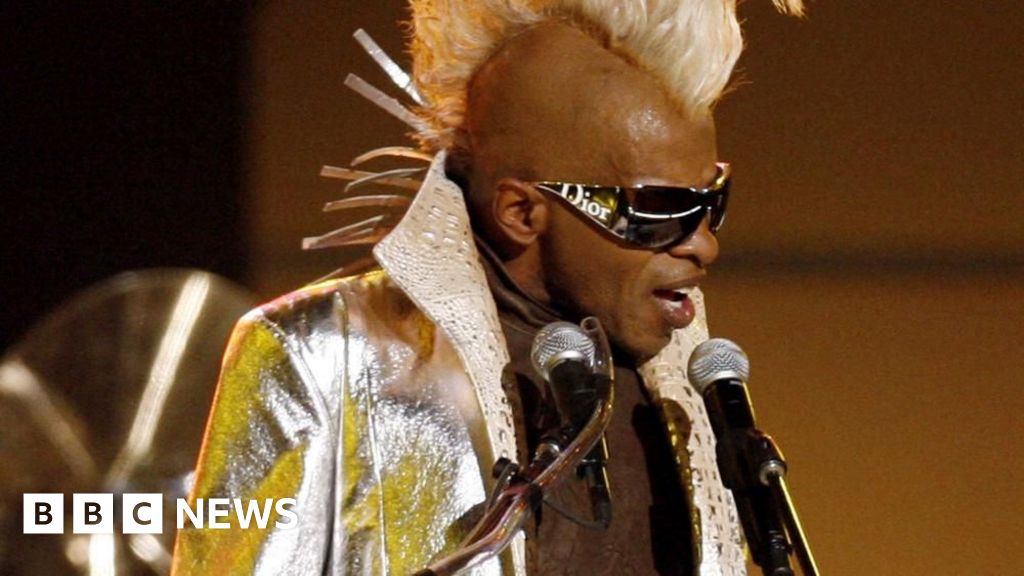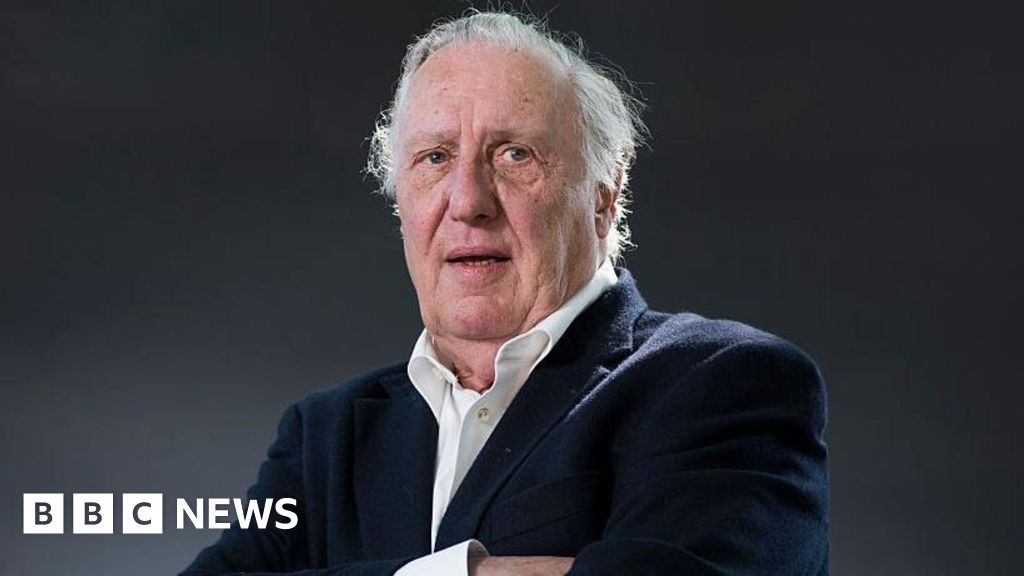ARTICLE AD BOX
Journalists and legal bloggers are to be allowed to report on family court cases across England and Wales from early next year.
Transparency will no longer be restricted to pilot courts and will be permanent.
Journalists will be able to request a transparency order in all family courts to allow them to report what they see and hear, access key documents and speak to families - provided they keep them anonymous.
Previously, journalists and legal bloggers could attend family courts but were limited in what they could report.
A transparency pilot is currently operating in just under half the family courts in England and Wales.
Judges will retain the power to turn down requests but there is a presumption in favour of reporting.
The change has been approved by the Ministry of Justice (MoJ) and will come into force on 27 January 2025.
The rollout will be staggered, and transparency will first apply to public law – care cases – then to private law, where parents are separating, and lastly to magistrates' courts.
Family courts have the greatest powers to intervene in private family lives.
They determine whether children should be removed from their parents, or which parent children should live with.
As the recent case of Sara Sharif shows, those decisions can affect people's lives forever. A family court decided to place Sara with her father and stepmother, who were found guilty of her murder.
A High Court Judge decided to release documents covering that family case, but said the judge's name should not be published. Journalists have been granted the right to appeal against that decision, which will be heard in early January.
Over the past two years BBC News has shown how Transparency Orders can work, to reveal important stories of significant public interest, while maintaining the privacy of families.
Early in 2023, the BBC used the orders to report cases in Leeds Family Court.
The drive towards transparency made it easier for the BBC to obtain information in May 2023 about a past family hearing about Finley Boden, the baby returned by Family Magistrates to the parents who murdered him.
Using Transparency, the BBC was able to report in November 2023 how a young mother in Cardiff had to spend £30,000 in the Family Court to protect her young daughter from a convicted paedophile – her ex-husband.
The MP Harriet Harman said the BBC's reporting had revealed a gap in the law that politicians had missed. She set out to change the law and an amendment was in the current King's Speech.
Transparency also allowed us reveal that Baby Elsa, abandoned in a London park on the coldest night of the year, was the third child of the same parents.
Using Transparency Emma Glasbey of the BBC's Look North told the story of an abuse survivor who had her children taken away.
It was also used to report on the Harehills Family case that led to riots in Leeds this July.
Callum Parke of PA Media has reported many family cases using transparency orders.
Hannah Summers of the Bureau of investigative Journalism has used Transparency to report complex private law cases – including one where she successfully argued for a husband accused of rape to be identified.
The Guardian's Louise Tickle has campaigned for greater transparency for many years. Her reporting using transparency showed some judges resist the drive towards greater openness.
Lucy Reed KC is the founder of the Transparency project, a charity set up to improve public understanding of the Family Courts.
She said this expansion was "a great step forward" but "there is still a great deal more cultural and practical change required before the Family Court can say it is operating as transparently as possible".

 5 months ago
24
5 months ago
24








 English (US) ·
English (US) ·